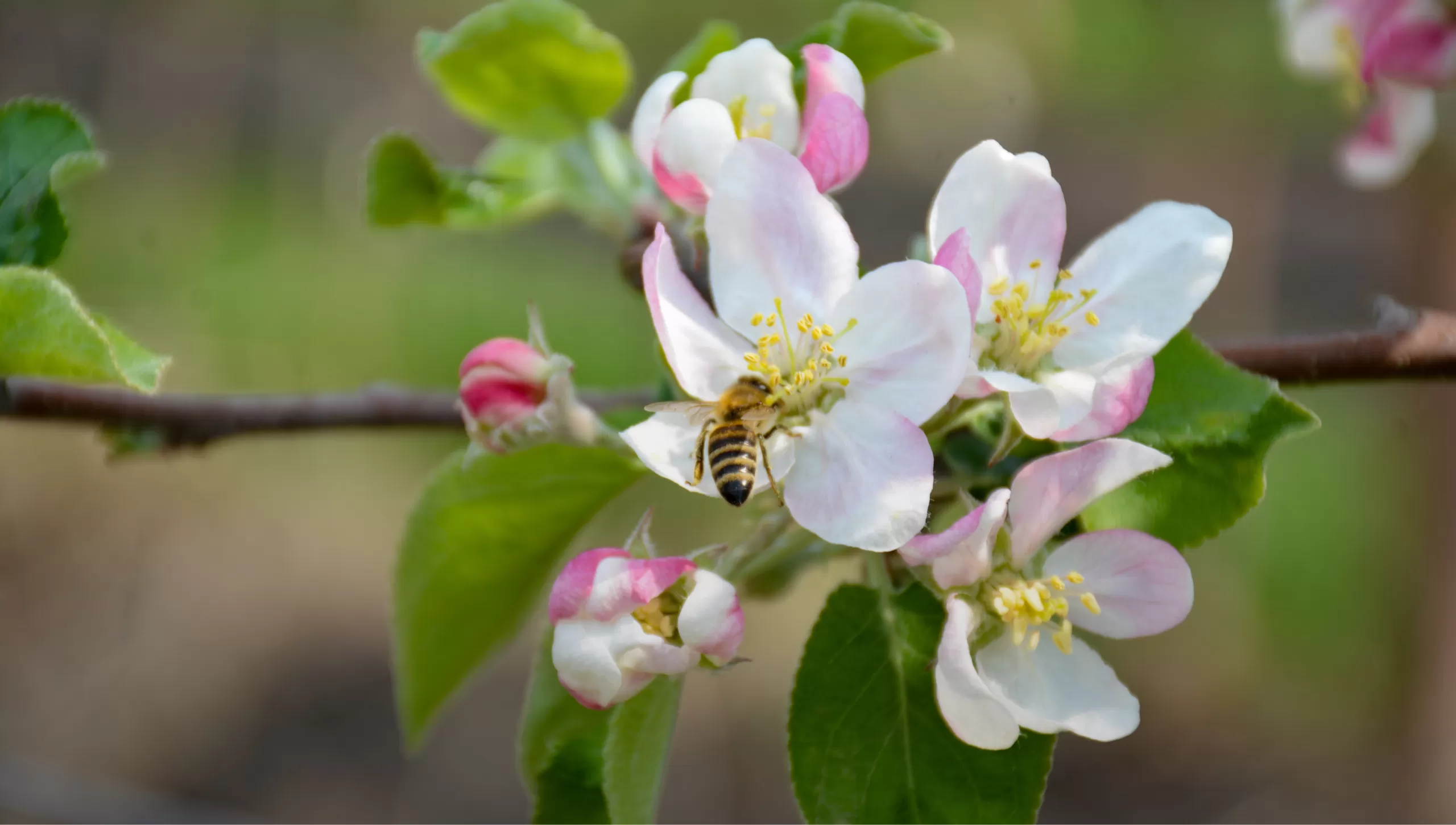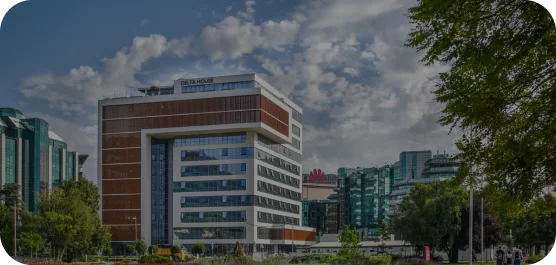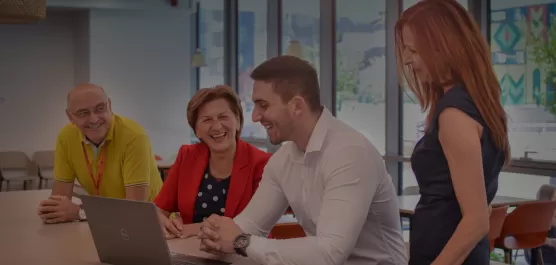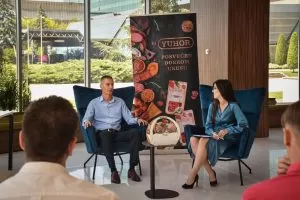
Izveštaji o održivom poslovanju
Održivost je za nas način razmišljanja i rada. Od samog osnivanja Delta Holdinga, okosnicu našeg poslovanja predstavlja ulaganje u znanje koje doprinosi razvoju kompanije i zaposlenih, ali i unapređenju društvenog i privrednog ambijenta i očuvanju životne sredine. Svesni smo da usvajanje ESG standarda predstavlja imperativ dobre poslovne prakse i da obezbeđuje uspešnu saradnju sa svim zainteresovanim stranama, zbog čega kao kompanija ostajemo posvećeni kontinuiranom praćenju globalnih trendova i sprovođenju primera dobre prakse na polju održivosti.





























